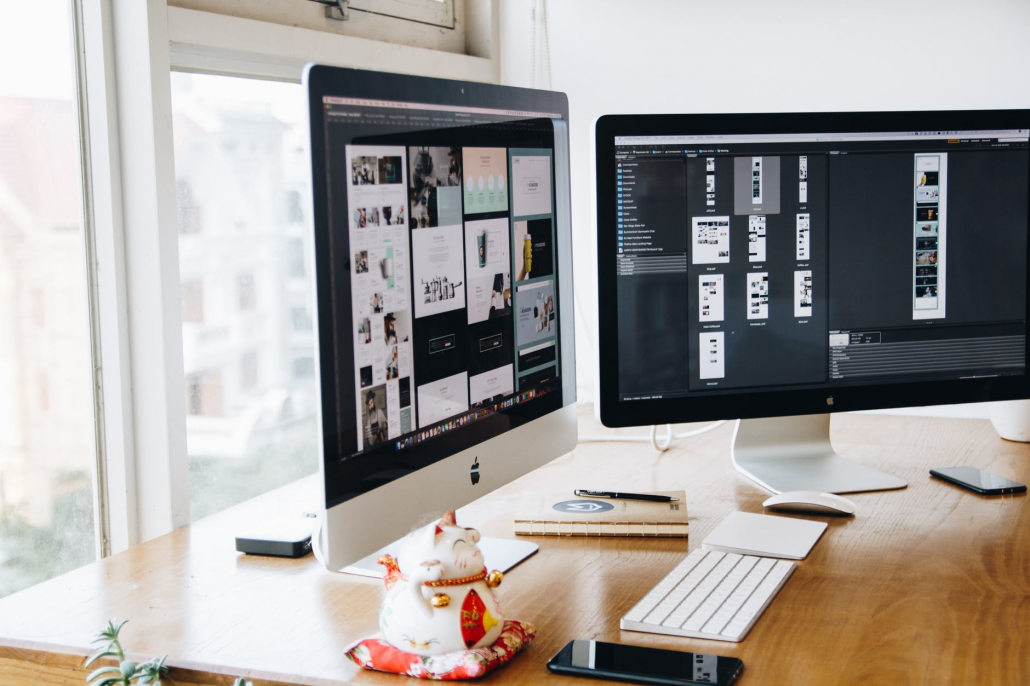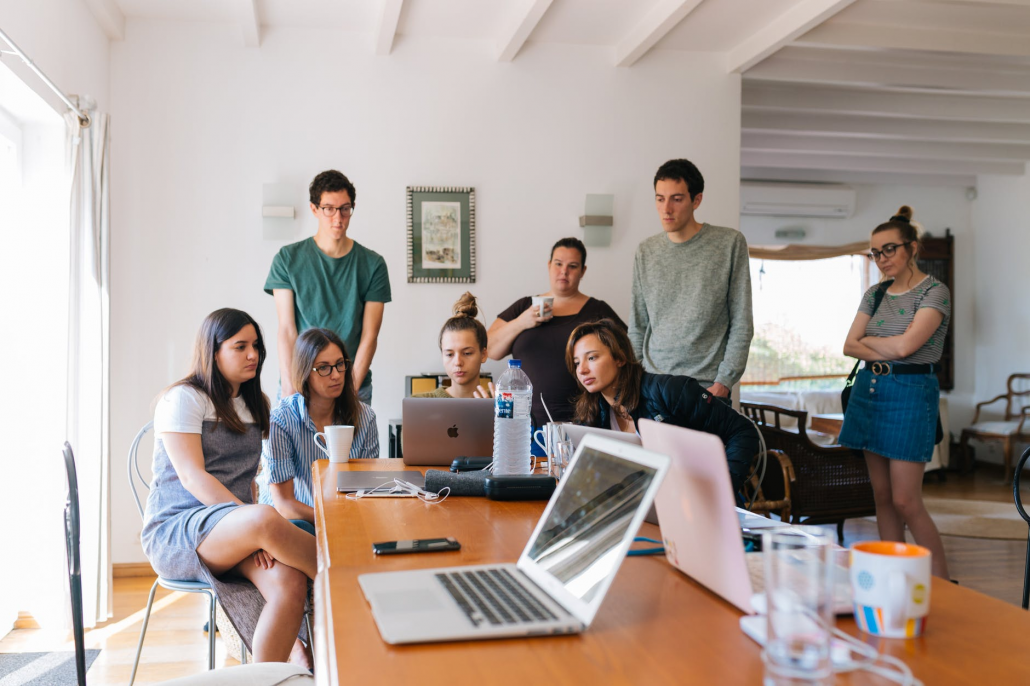Photoshop is Considered an Essential ‘digital DIY’ Skill
If you’ve ever described yourself as ‘artistic, but not practical’, you may be in for some good news. While you may not think it, your peers may actually view your skills as highly practical. In fact, if anyone has ever asked you to touch-up or edit some special photographs, or to use your outstanding Photoshop skills to help them out creatively, you’re already more ‘practical’, or ‘handy’ than you probably realised.

That’s because the concept of ‘handiness’ is changing. The digital revolution we’ve seemingly been living through since Sir Tim Berners-Lee gave us the gift of the Internet has radically altered the way people view different skills. Pre-Internet, to be regarded as handy, you’d have to own a drill, or at least know how to use one to put up a shelf. But nowadays, according to new research, ‘digital DIY’ skills, including the ability to edit photos using Photoshop, are considered as useful and sometimes more useful than the ‘traditional’ DIY skills we know and love, such as fixing leaks and putting up shelves.
The research, a nationally representative study of 2,000 adults conducted by property maintenance specialists Aspect, found that while traditional DIY skills are still highly valued, ‘Digital DIY’ skills like Photoshop, computer troubleshooting, fixing faulty Internet connections, programming a smart TV and backing-up data to the cloud are all considered highly valuable and practical.
And it’s not just tech-savvy young people that think so. In fact, perceptions of these skills are most positive among older people. Over-55s gave digital skills such as Photoshop the highest rating for usefulness and impressiveness in the study. This is most likely because over-55s are the least likely to have had the opportunity to develop their own ‘digital’ DIY’ skills.

Nick Bizley, director of operations at Aspect, said of the study: “These findings show that although people still really value traditional DIY talents, the concept of ‘handiness’ is evolving to include skills that didn’t even exist ten years ago. For example, changing a light bulb was something most people could do quite easily, but the advent of the ‘smart home’ has introduced new complexities to what used to be a simple task.
“Young people have been getting flack for not being as handy as their parents, but when you consider the proportion of 18-34 year olds in rented homes compared to their parents’ generations, and that renters are often prohibited from doing their own maintenance due to their tenancy agreements, it’s no surprise they’re typically less experienced with traditional DIY skills. But young people are the ones most of us turn to when the Internet goes down or when we need help setting up the latest smart device. Everyone is handy with something and the study shows that we’re learning to value new expressions of handiness more and more.”
So next time you talk yourself down about your inability to hang wallpaper or proclaim yourself to be ‘not very practical’, remember that a significant percentage of the population begs to differ.
